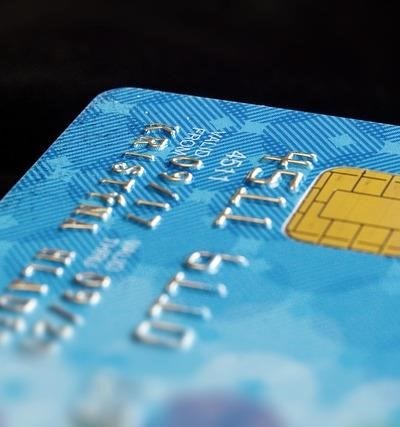
The rise of e-commerce has made online transactions commonplace‚ but it has also created a haven for cybercriminals․ One area of particular concern is the use of credit cards without Verified by Visa (VBV) or Verified by Mastercard (Mastercard SecureCode) authentication․ These «non-VBV» cards represent a significant vulnerability in the payment ecosystem‚ opening the door to widespread unauthorized transactions and credit card fraud․
Vulnerable Payment Systems
The lack of VBV/Mastercard SecureCode adds a layer of risk to already vulnerable payment systems․ Without this extra authentication step‚ hackers can exploit weaknesses in data breaches and compromised accounts to make fraudulent purchases․ This highlights the critical need for robust online security and transaction security measures․
Cybersecurity Risks and Financial Security
The implications of using non-VBV cards are far-reaching․ The absence of additional verification significantly increases cybersecurity risks‚ directly impacting financial security for both consumers and businesses․ Hackers utilize various hacking techniques to exploit these vulnerabilities‚ resulting in substantial financial losses․ The lack of robust fraud prevention mechanisms exacerbates the problem․
PCI DSS Compliance and Cardholder Data Protection
The Payment Card Industry Data Security Standard (PCI DSS) outlines strict requirements for handling cardholder data․ However‚ even with PCI DSS compliance‚ non-VBV cards represent a significant weak point․ The added layer of security provided by VBV/Mastercard SecureCode is crucial in minimizing the risk of unauthorized transactions․ Effective risk assessment and implementation of strong digital security protocols are vital to mitigate these risks․
Mitigating the Risks: Secure Payments
To reduce the risk associated with non-VBV cards‚ businesses should prioritize secure payments․ This includes implementing strong authentication methods‚ regularly updating security software‚ and educating employees about potential threats․ Consumers‚ too‚ have a responsibility to protect their financial information by being vigilant about suspicious activity and promptly reporting any compromised accounts․
- Regularly monitor your credit card statements․
- Use strong and unique passwords․
- Be wary of phishing scams․
- Enable two-factor authentication wherever possible․


A concise and informative piece that successfully emphasizes the importance of VBV/Mastercard SecureCode in protecting against online credit card fraud. The connection to PCI DSS compliance is particularly insightful, showing how even compliant systems can be vulnerable without these extra layers of security.
This article provides a much-needed wake-up call regarding the vulnerabilities of non-VBV credit cards. The explanation is accessible to a broad audience, making the importance of robust security measures clear and understandable. A very important read.
Excellent overview of the dangers posed by non-VBV cards. The article clearly articulates the risks and the need for improved security practices. It
This article effectively highlights the significant security risks associated with non-VBV credit cards. The clear explanation of the vulnerabilities and the potential for fraud is crucial for both consumers and businesses to understand. The call for stronger security measures is well-placed.